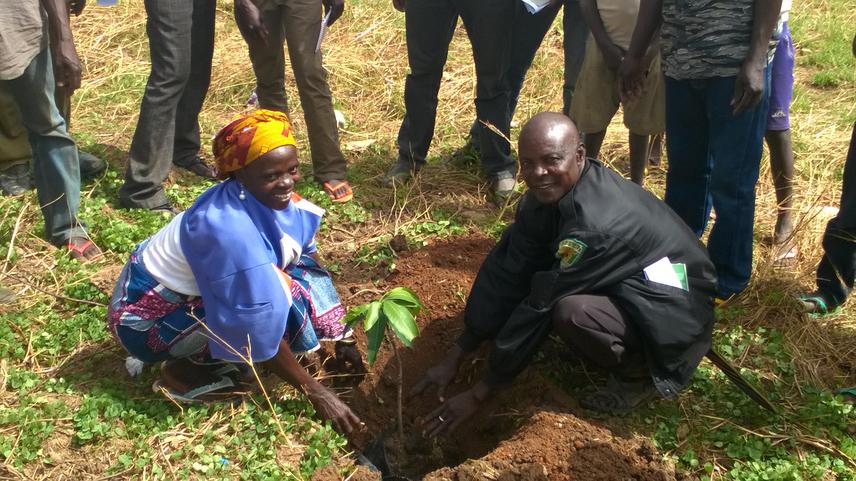Talitha Tukura Pam
To provide sustainable and effective protection for a gravely threatened habitat, forest in Northern Nigeria.

The net loss of forest area is on the increase in Nigeria due to destruction of forest for firewood and timber (4 million hectares felled yearly, twice the world average).
The aim of the Mushere project is to provide sustainable and effective protection for a gravely threatened habitat, forest in Northern Nigeria. Thus, contributing to the overall health of the environment in producing a sustainable society, tackling global warming and improving soil and water retention for the farmers of which Nigerians population consist largely of.
This project arises from a growing concern that the forest naturally occurring on the western and south-western fringes of the Jos Plateau in central Nigeria has been almost entirely destroyed over the past thirty years or so, including the best such habitat near Kagoro in Kaduna State.
Our project will be immersed in the community and will have the highest level of community involvement and participation possible that is why we are proposing the advocacy/educational approach that is both bottom up and top down. We have surveyed the forest, and have assessed the extent of destruction and are at the stage of implementing a workable plan for the conservation of the forest.
This will include:
i. Advocacy: engaging community and religious leaders in dialogue, with a view to helping them understand their role as care-takers and beneficiaries in conservation.
ii. Offering training and education for stakeholders on methods of conservation education and management.
iii. Work with the communities in identifying alternative means of livelihood, so that they can stop unsustainable harvesting of forest resources.
iv. Engaging the youths in conservation efforts such as forest- guarding system and employing individuals from the community as field assistants, giving priority to the community when vacancy exists in areas where they have the desired expertise.
v. Training volunteers to be engaged in training and educational activities.
vi. Encourage community participation in conservation activities such as tree-plantings by assisting with training on tree seed nurseries.
vii. Encourage community ownership of the project by working to ensure they participate in policy formulation and planning.
We also intend to conduct a market survey of the timber business to help us determine alternative income interventions and also conduct a baseline survey of the plant and animal diversity of the forest.